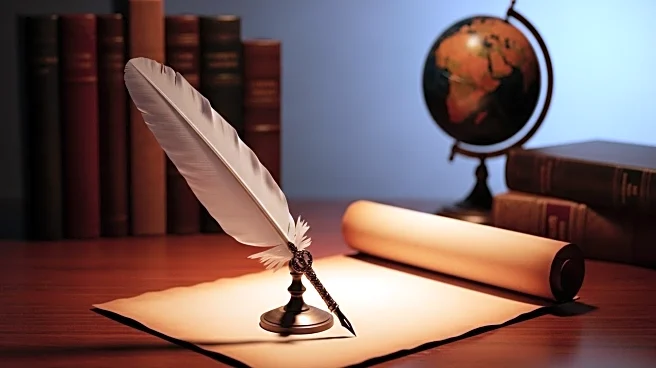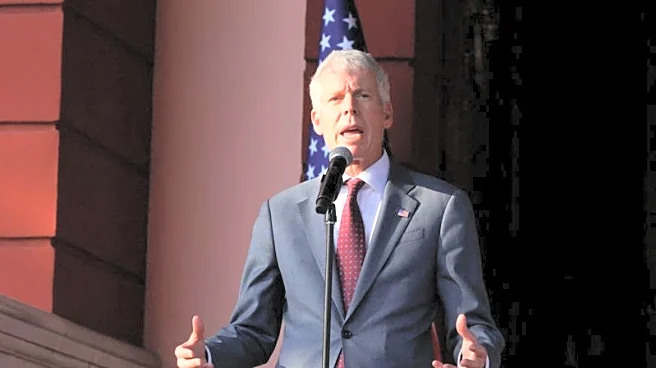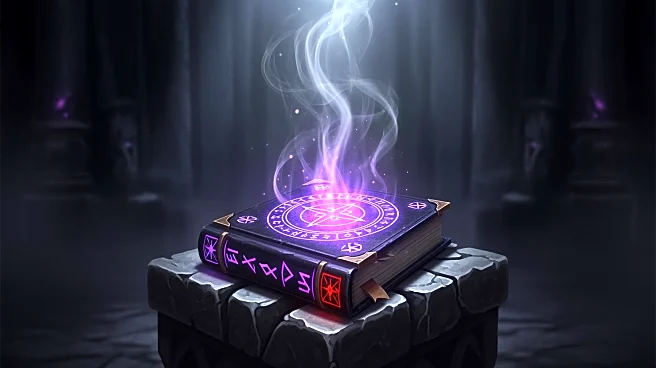Thomas Jefferson, one of the Founding Fathers of the United States, had a profound educational journey that shaped his intellectual pursuits and political career. Jefferson's education began at a young age under the guidance of tutors, where he studied Latin, Greek, and French. His formal education continued at the College of William & Mary, where he was influenced by prominent figures such as George Wythe and William Small. Jefferson's emphasis on practical education and critical thinking was evident throughout his life, impacting his contributions to American society.
Curriculum Relevance
Jefferson's education was deeply rooted in classical studies, which included Latin, Greek, and French. These subjects were considered essential for a well-rounded education during his time. At the College of William & Mary, Jefferson expanded his studies to include mathematics, metaphysics, and philosophy. His exposure to the writings of British Empiricists like John Locke, Francis Bacon, and Isaac Newton further enriched his intellectual foundation.
Programs and Institutions
The College of William & Mary played a pivotal role in Jefferson's educational development. It was here that he met George Wythe, a law professor who became his mentor. Wythe's influence on Jefferson was significant, guiding him in the study of law and shaping his philosophical outlook. Jefferson's education at this institution laid the groundwork for his future endeavors in politics and governance.
Learning Outcomes
Jefferson's education equipped him with a diverse set of skills and knowledge that he applied throughout his life. His ability to think critically and engage with complex ideas was a direct result of his rigorous academic training. Jefferson's educational background also contributed to his advocacy for public education and the establishment of the University of Virginia.
Source-Grounded Resources
Jefferson's educational philosophy emphasized the importance of self-directed learning and the pursuit of knowledge. He believed in the value of reading and studying a wide range of subjects to develop a well-rounded intellect. This approach to education was reflected in his personal library, which contained a vast collection of books on various topics.

 Discover Daily
Discover Daily 







